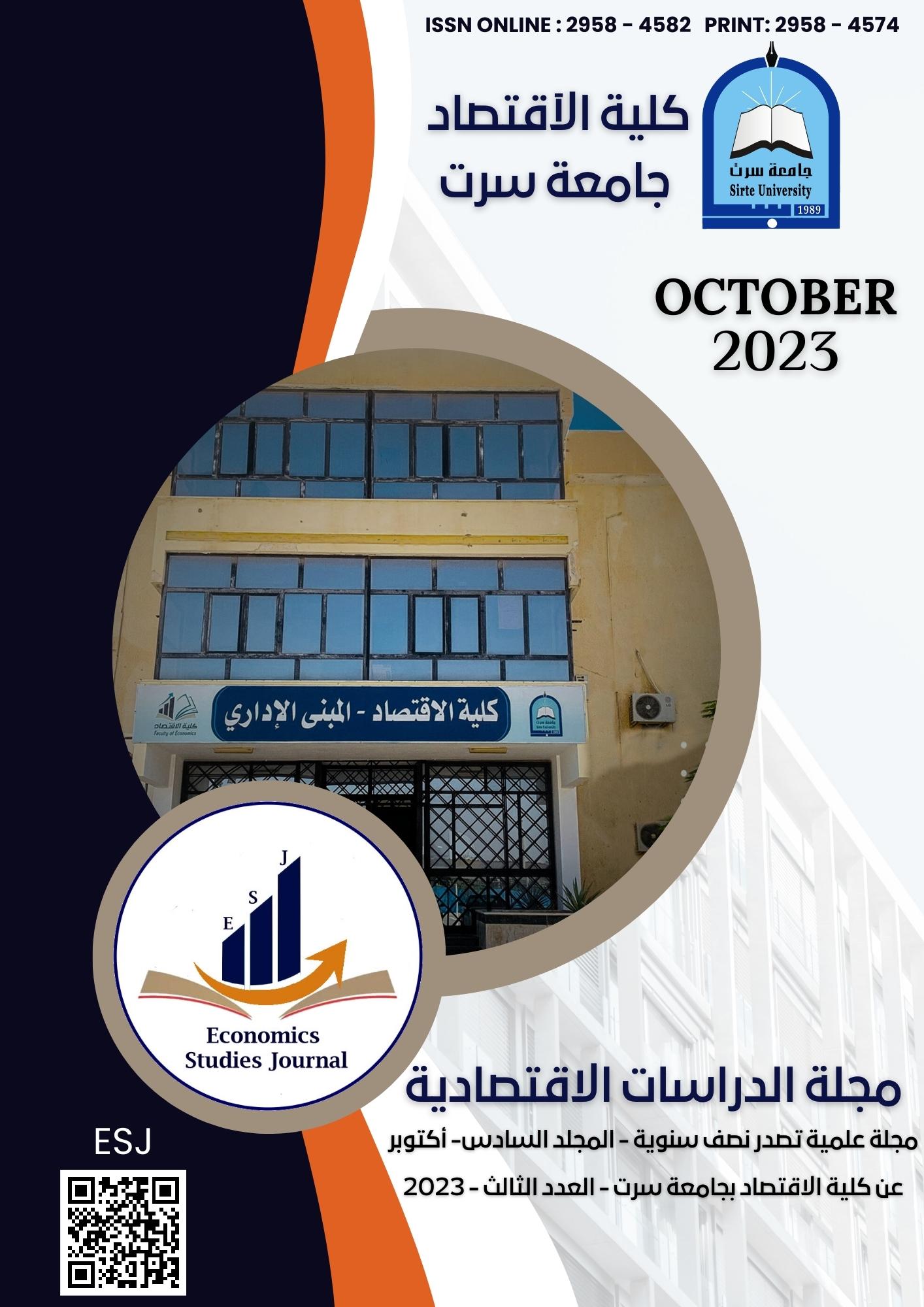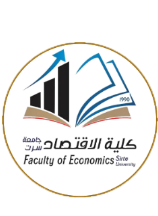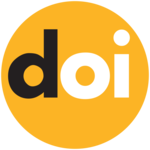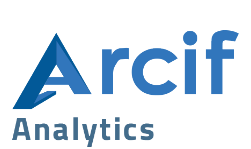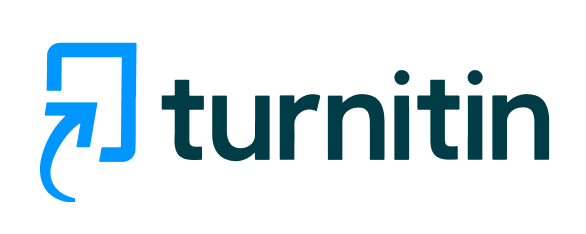Title: The Role of E-Management in the Development of Higher Education Institutions
Keywords:
Electonic management, electronic administrative process, E-educational administration, office electronic administration, Develop higher education institutionsAbstract
This study aims to explore the level of utilization of electronic management in higher education institutions in their administrative, educational, and office aspects, and evaluate its role in the development of higher education institutions. The study was conducted on students from the Faculty of Economics and Political Science at Misurata University, and an electronic questionnaire containing 26 items related to the research variables was distributed. A total of 124 questionnaires were analyzed, and through statistical analysis, several key findings were obtained. The study revealed that the studied educational institution utilizes electronic management at a low level in its administrative, educational, and office dimensions. Additionally, the study demonstrated a statistically significant relationship between electronic management and the development of higher education institutions.
References
المصادر
أميرة، ب. م. و. ض. (2020). أثر الإدارة الإلكترونية على الأداء الوظيفي جامعة محمد بوضياف بالمسيلة.
عمار, م., الول, السباعي, & امحمد/مؤطر. (2022). تطبيقات الإدارة الإلكترونية في تحسين الخدمات المؤسسات الاقتصادية جامعة احمد دراية-ادرار.
كامل, م. (2011). الإدارة الإلكترونية.. دار رسلين.
مرسلي, أ. ب. (2003). مناهج البحث في العلوم والاتصال الجزائر.
ميلود, ش. (2019). دور الإدارة الالكترونية في تحقيق الرضا الوظيفي جامعة محمد بوضياف المسيلة جامعة محمد بوضياف المسيلة.
علوطي لدين. (5559). "الإدارة الالكترونية للموارد البشرية". بحوث اقتصادية عربية، الدركز الجامعي يحيى فارس بالدية، العدد 45.
عاشور عبد الكريم. (5551-5525). "دور الإدارة الالكترونية في ترشيد الخدمة العمومية في الولايات المتحدة الأمريكية والجزائر". مذكرة لنيل شهادة الماجستير في العلوم السياسية والعلاقات الدولية، جامعة منتوري قسنطينة.
سهام قادري. (2018-2019). "رقمنة الإدارة العمومية وأثرها على الرضا الوظيفي، دراسة حالة بلدية مقرة، المسيلة". مذكرة لنيل شهادة الماستر المهني، تخصص إدارة أعمال المؤسسات، كلية العلوم الاقتصادية وعلوم التسيير، جامعة محمد بوضياف المسيلة.
Ally, M. (2004). Foundations of educational theory for online learning. Theory and Practice of Online Learning 15- 44 Athabasca University Press.
Ahmed, A., Smith, J., & Johnson, L. (2018). The role of e-management in the development of higher education institutions. Journal of Educational Technology, 42(3), 123-145.
Al-Fraihat, D., Joy, M., & Sinclair, J. (2020). Evaluating the effectiveness of learning management systems from instructors' perspective: A systematic review. Computers & Education, 154, 103933.
Alshahrani, A., & Drew, S. (2019). Digital transformation in higher education: A case study of Saudi universities. Education and Information Technologies, 24(2), 1177-1198.
Bernard, R. M., Abrami, P. C., Borokhovski, E., Wade, C. A., Tamim, R. M., Surkes, M. A., & Bethel, E. C. (2009). A meta-analysis of three types of interaction treatments in distance education. Review of Educational Research, 79(3), 1243-1289.
Chang, M., Lee, H., & Chen, C. (2020). The use of e-management in enhancing quality of higher education. International Journal of Educational Technology in Higher Education, 17(1), 12.
Chen, R. (2016). The effects of e-learning on employee productivity in the workplace: A systematic review. International Journal of Information Management, 36(3), 429-437.
Chickering, A. W., & Ehrmann, S. C. (1996). Implementing the seven principles: Technology as lever. AAHE Bulletin, 49(2), 3-6.
Hao, L., Chen, S., & Wang, Q. (2019). The impact of information technology and e-management on improving high school performance. Educational Administration Quarterly, 43(2), 67-89.
Kezar, A. (2018). The digital transformation of higher education: MOOCs, big data, and learning analytics. Springer.
Kivunja, C. (2015). Teaching students to learn and to work well with 21st century skills: Unpacking the career and life skills domain of the new learning paradigm. International Journal of Higher Education, 4(1), 1-11.
Laudon, K. C., & Laudon, J. P. (2016). Management information systems: Managing the digital firm (14th ed.). Pearson.
McLeod, J., & Childs, M. (2014). Records management in academic institutions: The use of electronic management systems. Journal of Academic Librarianship, 40(3-4), 336-344.
Means, B., Toyama, Y., Murphy, R., Bakia, M., & Jones, K. (2010). Evaluation of evidence-based practices in online learning: A meta-analysis and review of online learning studies. US Department of Education.
Moore, M. G., & Kearsley, G. (2011). Distance education: A systems view of online learning. Cengage Learning.
Picciano, A. G. (2017). Theories and frameworks for online education: Seeking an integrated model. Online Learning Journal, 21(3), 166-190.
Picciano, A. G. (2017). Theories and frameworks for online education: Seeking an integrated model. Online Learning Journal, 21(3), 166-190.
Reynolds, G. W. (2018). Information systems for business. Cengage Learning.
Sharda, R., Delen, D., & Turban, E. (2020). Analytics, data science, & artificial intelligence: Systems for decision support. Pearson.
Turban, E., & Volonino, L. (2017). Information technology for management: On-demand strategies for performance, growth, and sustainability. John Wiley & Sons.
Westerman, G., Bonnet, D., & McAfee, A. (2014). Leading digital: Turning technology into business transformation. Harvard Business Review Press.

